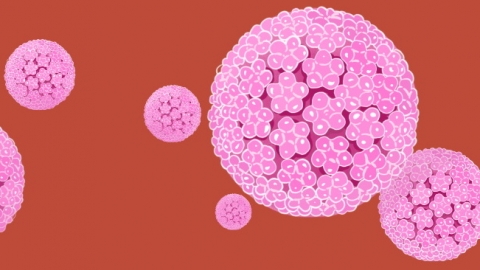Is screening still needed after receiving the HPV vaccine?
Generally speaking, HPV vaccine refers to the human papillomavirus vaccine. Regular screening is still usually required after receiving the human papillomavirus vaccine. If there are any concerns, it is recommended to seek medical advice promptly. A detailed explanation is as follows:

Although the human papillomavirus vaccine can effectively prevent diseases such as cervical cancer, this does not mean that HPV infection or cervical lesions will never occur after vaccination. Current human papillomavirus vaccines cannot cover all high-risk types of HPV. For example, the bivalent vaccine mainly prevents HPV types 16 and 18; the quadrivalent vaccine adds HPV types 6 and 11 to the bivalent vaccine; and the nonavalent vaccine further adds HPV types 31, 33, 45, 52, and 58. Additionally, the HPV vaccine is a preventive vaccine and has no therapeutic effect. Even after vaccination, it cannot guarantee complete protection against HPV infection, so regular screening is necessary for early detection and management of potential lesions. A small proportion of cervical cancers are not associated with HPV infection, so regular screening is also needed to detect such lesions early, even after HPV vaccination.
In daily life, women should also pay attention to maintaining personal hygiene, avoiding unsafe sexual practices, enhancing immunity, and taking other preventive measures to reduce the risk of HPV infection.








